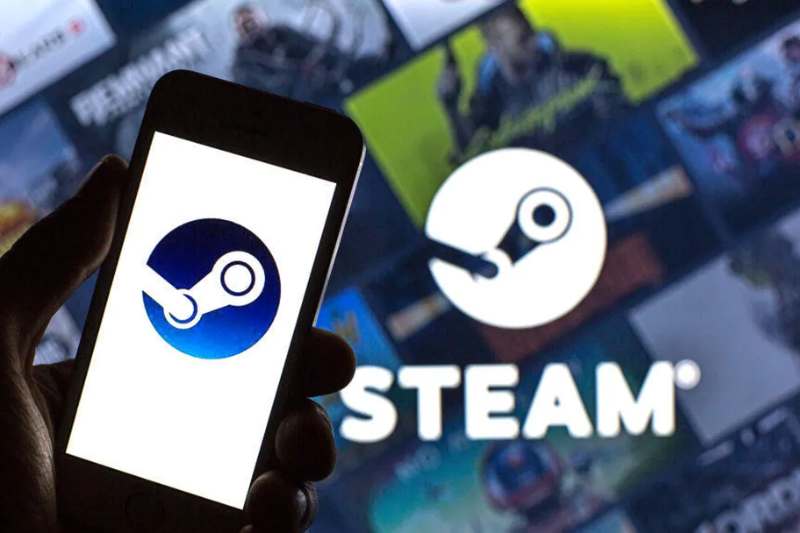
The gaming world is in shock. Reports are surfacing that 89 million Steam accounts leaked in what may be one of the biggest Steam data breaches ever reported. Players are now asking a chilling question:
Was Steam hacked?
Let’s break down what really happened, what Valve says, and how you can protect your account.
It began with a post on a dark web forum.
A user under the name Machine1337 claimed to possess the data of 89 million Steam accounts. The leak reportedly includes usernames, phone numbers, two-factor authentication (2FA) codes, and older login metadata.
This suspicious bundle of data was listed for sale for $5,000 in cryptocurrency. The listing immediately raised concerns across cybersecurity forums.
Shortly after the news went viral, Valve, the company behind Steam, issued a public clarification.
According to Valve, their internal servers were not breached. Instead, they believe the data may have come from third-party SMS or verification services, not directly from Steam itself.
That means this Steam data breach likely occurred outside the platform, but the risks to users remain very real.
While Valve claims the breach isn’t internal, the stolen data still poses serious threats.
Hackers may now have access to:
Steam usernames
Linked phone numbers
2FA-related data
Archived IP addresses
If misused, this information could be used in phishing scams or impersonation attacks. These tactics could trick users into giving up full control of their accounts, even if the password remains untouched.
Worried your data may be included in the Steam accounts leaked list?
Here’s what you can do right now:
Log into your Steam account and check for unknown logins or purchases
Use breach-checking websites to see if your email or phone number was part of any recent leaks
Stay alert for strange login alerts from Steam or any unexpected emails from Valve
If anything looks suspicious, act immediately.
Whether your account was part of the Steam hacked leak or not, it’s wise to boost your account’s security now.
Change your Steam password and make it unique
Enable Steam Guard via the mobile app for real-time 2FA codes
Review your email account security and enable two-factor authentication
Beware of phishing emails pretending to be from Steam or Valve
Avoid clicking links from unofficial sources or unknown messages
Remember, even if Steam wasn’t technically hacked, the 89 million Steam accounts leaked event shows how important account protection is in today's digital world.
The gaming community is split.
Some users praised Valve’s quick response and transparency. Others think the company isn’t taking the situation seriously enough.
On Reddit, one user commented:
“This might not be a direct Steam hack, but it’s still a massive problem. We need stronger protections, not just disclaimers.”
That sentiment is shared by many gamers who are now taking extra steps to protect their online presence.
The alleged Steam accounts leaked incident is just the latest in a long line of data security issues affecting the gaming industry.
Hackers are now targeting platforms in indirect ways. Instead of breaching Steam itself, they exploit connected services, weak passwords, and forgotten data backups.
Gamers are ideal targets. Why?
Many Steam users store payment info
Game libraries are valuable
Steam accounts often go years without security updates
The lesson here is clear. Being passive about online security is no longer an option.
As of now, there is no confirmation that Steam was hacked directly. But the news that 89 million Steam accounts leaked should still worry every user on the platform.
This is a powerful reminder to:
Review your login credentials
Enable strong two-factor authentication
Stay informed and cautious
While Valve insists their systems are secure, it's up to every user to take responsibility for their own digital safety.
Steam is a massive platform with millions of daily users. That makes it a big target. Even if this Steam data breach wasn’t internal, the fallout is real.
Don’t wait until your account is compromised. Secure your Steam identity today.
Disclaimer
This article is based on current publicly available information as of May 2025. For real-time updates or individual account issues, please visit Steam Support.